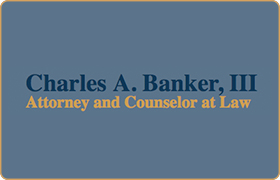Wallisville Juvenile Law Lawyer, Texas
Sponsored Law Firm
-
 x
x

Click For More Info:
-
Charles Banker, Attorney at Law
405 Main St. Ste. 910 Houston, TX 77002» view mapCriminal 30 Years Experience
You need an attorney with criminal defense knowledge who will vigorously protect your rights.
800-969-9880
Nicholas Dane Listi
Juvenile Law, Lawsuit & Dispute, Clean Air Practice, Criminal
Status: In Good Standing Licensed: 29 Years
Ciara Brooke Tanner
Juvenile Law, Other, Family Law, Criminal, Elder Law
Status: In Good Standing Licensed: 12 Years
Keaton Donsha Kirkwood
Juvenile Law, State Appellate Practice, Family Law, Business & Trade
Status: In Good Standing Licensed: 17 Years
Farrah Frances Harper
Juvenile Law, Family Law, Criminal, Business & Trade
Status: In Good Standing Licensed: 15 Years
Stephen John Mescall
Juvenile Law, Wills, Family Law, Personal Injury
Status: In Good Standing Licensed: 43 Years
Scott Alan Gordon
Family Law, Juvenile Law, Criminal, Administrative Law
Status: In Good Standing Licensed: 29 Years
 Charles Banker Houston, TX
Charles Banker Houston, TX AboutCharles Banker, Attorney at Law
AboutCharles Banker, Attorney at Law Practice AreasExpertise
Practice AreasExpertise
